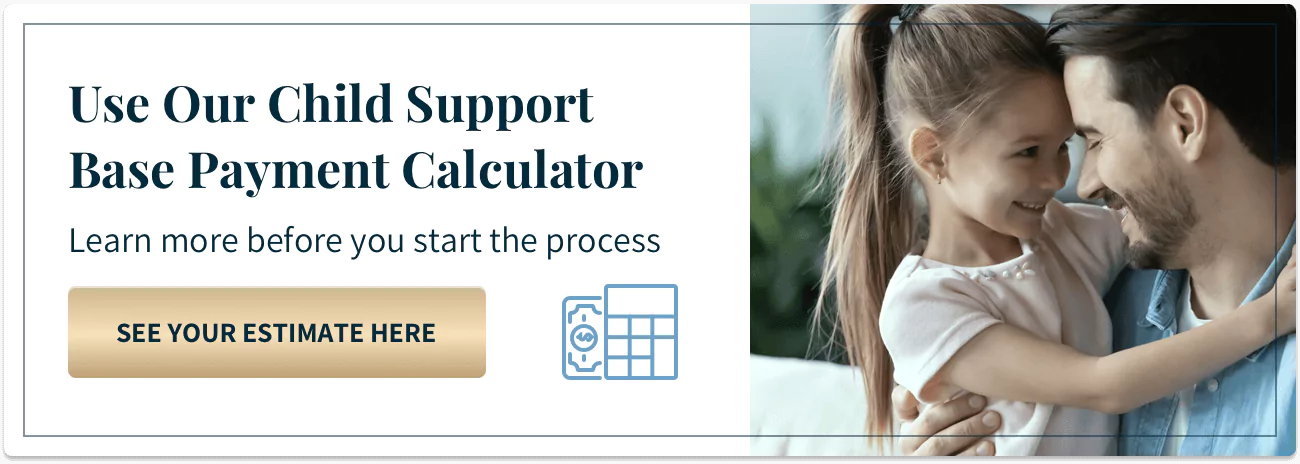- Law Practice Areas
- Resources For You
- Child Support Calculator
- Take Our Divorce Quiz
- Protect Your Assets and Net Worth During Divorce
- Blog
- Family Law Videos
- Your Guide to California Divorce
- Your Guide to Child Custody & Support
- Everything You Need to Know About Getting a Prenup
- An In-Depth Look at Divorce Mediation
- Top Considerations for High Asset Divorce
- Our Legal Team
- Locations
- Reviews
- Contact

Parents often ask if it’s possible to waive child support from their ex-spouse.
The reasons for waiving child support vary:
-
Some parents want to come to a divorce settlement as quick as possible, and want to avoid a long argument over the child support payments.
-
Others fear that if they request child support, the other parent will want to increase their child custody timeshare, or decrease spousal support.
-
Some parents even make agreements that one parent will not go after child custody if the other parent doesn’t request that they pay child support.

What does the California Family Code say about waiving child support?
Under the California Family Code, when support of a minor child is at issue, the court may order one or both parents to contribute. Parents may not agree to take this decision away from the court.
This is because waiving future support for a child is not considered to be in the best interest of a child. Children need to be cared for, and this requires money.
If a parent waives child support payments, they are essentially waiving that child’s care and best interests.
A child also holds a constitutional right to support, which cannot be taken away by a parent. The restriction on agreements to waive child support also includes past due support.
For example, if one parent is behind on his or her child support payments, the parents cannot come to an agreement to waive or reduce what is already past due.
Parents can still agree to reduce child support payments
While child support cannot be waived in full, parents can come to an agreement for a lesser child support amount than what is suggested under the California guideline calculation.
The California guideline calculation is a baseline amount that the court will order unless either parent requests the court order a higher amount.
This calculation takes into consideration:
-
Both parties’ income
-
The age and any special needs of the child, and
-
The amount of time each parent spends with the child.
An agreement to accept a lower support amount is made in writing and submitted to the court for approval.
Courts are concerned that the child will not receive the full care he or she needs on a lower amount of support, so they will want to know how the supported parent is going to make up for the missing amount.
The parties will also need to acknowledge that they are agreeing to an amount lower than what the court would order as a baseline.
If the parties agree to a higher child support amount, this also gets submitted for the court’s approval, but the judge will almost always allow parents to agree to a higher amount without thinking twice.
Helping parents resolve child support matters
If you have questions about an appropriate support amount for your child or children, give Cage & Miles, LLP a call for a free 30-minute consultation.




